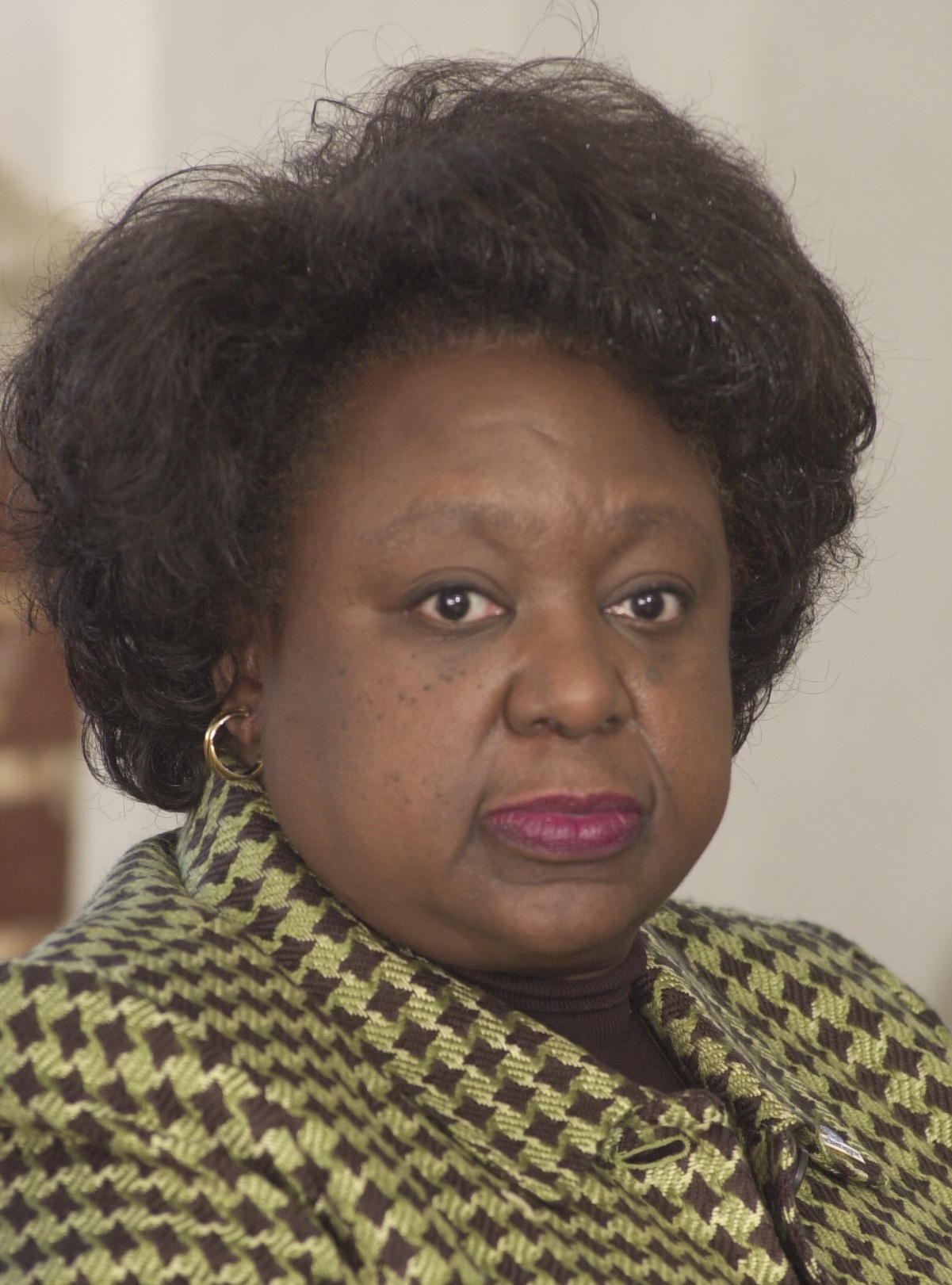As both parties prepare for a $25 million lawsuit filed by Erlanger hospital's former interim CEO to reach the courtroom, a challenging question could arise Tuesday morning when jury selection begins.
How does one select a diverse, representative, yet impartial jury for a weeks-long trial that hinges on racial accusations?
"That's a really, really difficult needle to thread," said Paula Hannaford-Agor, who advises on jury selection matters for the National Center for State Courts.
After working there 21 years and serving as the hospital's interim CEO between 2012 and 2013, Charlesetta Woodard-Thompson sued Erlanger that July, claiming retaliatory discharge, invasion of privacy and conspiracy.
In addition to being abruptly terminated without notice while on medical leave, Woodard-Thompson claimed she "experienced an array of strange and alarming happenings" as interim CEO.
First, Woodard-Thompson said, she was the target of racial remarks, safety threats and email hacks by the hospital's then-attorney. Then she said she was unfairly passed over for the permanent CEO position.
During the hasty search process, several high-ranking hospital officials called medicine "a white man's world," according to her lawsuit filed in 2013.
Erlanger's defense called these allegations "simply not true."
In response, attorney Randall Wilson said hospital trustees did not select Woodard-Thompson as a finalist because she did not show initial interest in the permanent CEO position and "her time as interim CEO had not been a success, as multimillion-dollar deficits continued to plague Erlanger's operations."
Neither party could be reached for comment.
Woodard-Thompson's trial, scheduled to start last week, was bumped to Tuesday morning in Circuit Court in Chattanooga. And that's when everyone will tread lightly.
According to court files, potential jurors could be asked the following questions:
' Have you, or any of your family members or close friends, ever been discriminated against based on race?
' Have you ever accused anyone of racial discrimination?
' Have you ever been accused of racial discrimination?
' Have you, or any of your family members or close friends, had a bad experience at Erlanger hospital?
"Those are certainly going to be relevant questions as to whether or not a person can look at the evidence objectively," Hannaford-Agor said.
But compiling a diverse jury from them "may be more challenging," she added. Hence, guesswork and strategy.
During the selection process, attorneys from both sides are trying to find people who are favorably disposed to their case, Chattanooga lawyer Valerie Epstein said.
"If you're the plaintiff, you'd want to know if someone's been discriminated against," Epstein explained, "because they're probably empathetic."
Conversely, the defense wants to know the same thing.
As the jury pool shrinks, lawyers can challenge potential jurors who they think could damage their case. And if anyone proposes a particularly volatile bias, lawyers can bounce that person using what's called a peremptory challenge - which raises its own crop of concerns.
"In this situation, a problem would arise if the defense attorney used peremptory challenges to remove all or most African-Americans as prospective jurors," said Stephen Wasby, an emeritus professor at University at Albany who studies judicial selection and civil liberties.
Although no one is entitled to a jury that looks like him or her, "you are entitled to not have people excluded on the basis of race and gender," Wasby said.
Tennessee law says each party automatically gets four peremptory challenges. Still, they cannot be used to dismiss someone on the basis of race, longtime Chattanooga lawyer Jerry Summers said. If there's any speculation that lawyers are using peremptory challenges in that manner, they must provide an explanation.
"If you have a pattern of discrimination," Summers said, "that's the real issue."
After being read the four juror questions over the phone last week, Summers remained optimistic about the odds of creating a representative jury.
Despite the complexities, "usually lawyers are smart enough" to not discriminate, he said.
Contact staff writer Zack Peterson at 423-757-6347 or zpeterson@timesfreepress.com with story ideas or tips. Follow @zackpeterson918.

